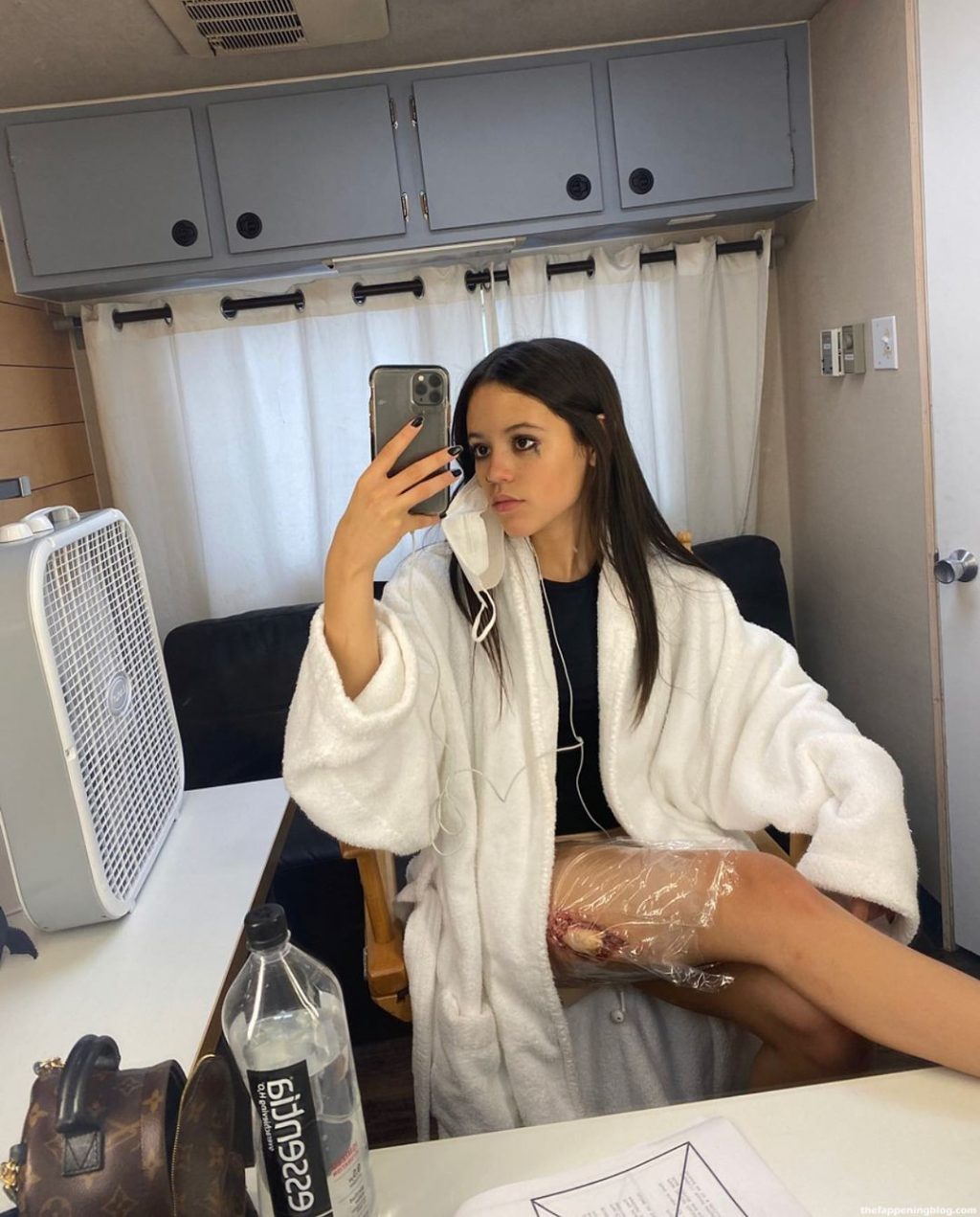Has Jenna Ortega, the captivating star of "Wednesday," become an unwitting victim of the internet's darker corners? The proliferation of explicit, and often fabricated, content featuring her likeness raises serious questions about online safety, exploitation, and the responsibility of platforms in protecting individuals from digital harm.
Ortegas meteoric rise to fame, fueled by her nuanced portrayal of Wednesday Addams, has unfortunately made her a target. The internet, a powerful tool for connection and creativity, can also be a breeding ground for misinformation and harmful content. The prevalence of deepfakes, manipulated images, and fabricated stories adds another layer of complexity to this issue. While Ortega cultivates a public image rooted in professionalism and artistry, a disturbing counter-narrative thrives online, fueled by manufactured stories and manipulated images. This manufactured narrative not only misrepresents Ortega but also contributes to the normalization of exploitative practices. Its a stark reminder of the double-edged sword of fame in the digital age, and the importance of critical consumption of online content.
| Full Name | Jenna Marie Ortega |
| Date of Birth | September 27, 2002 |
| Place of Birth | Coachella Valley, California, U.S. |
| Occupation | Actress |
| Known For | Wednesday, Scream, You, X |
| Years Active | 2012present |
| Reference | IMDb |
The pervasiveness of fabricated explicit content featuring Ortega is deeply troubling. Websites and forums dedicated to sharing such material, often disguised as fan communities, contribute to the spread of this damaging content. Claims of leaked photos and videos, alongside explicit descriptions of Ortega, are rampant, often accompanied by keywords like "the fappening," "nude celebs," and "sex tapes." This deliberate association aims to capitalize on existing search trends and lure unsuspecting individuals into consuming harmful material. The exploitation of Ortega's image is not an isolated incident. It's a symptom of a larger problem plaguing the online world the objectification and sexualization of individuals, particularly young women, without their consent. This practice, often driven by profit or malicious intent, has devastating consequences for the victims.
The ease with which misinformation and manipulated content can spread online underscores the urgent need for greater accountability from platforms and content creators. The responsibility lies not only with the individuals creating and sharing this content but also with the platforms that host it. Social media companies and websites have a crucial role to play in combating the spread of misinformation and protecting their users from harm. Implementing stricter content moderation policies, investing in technology to detect and remove deepfakes, and providing users with tools to report abusive content are essential steps. Educating users on media literacy and critical thinking is equally important. Equipping individuals with the skills to discern between authentic and fabricated content can help them navigate the digital landscape safely and responsibly.
Furthermore, legal frameworks need to adapt to the evolving nature of online exploitation. Laws protecting individuals from online harassment, defamation, and the non-consensual sharing of intimate images must be strengthened and enforced effectively. Holding perpetrators accountable for their actions is crucial in deterring future offenses and creating a safer online environment for everyone. The fight against online exploitation is a collective effort. It requires collaboration between platforms, lawmakers, educators, and individuals to create a culture of respect, responsibility, and accountability online. Protecting individuals from digital harm is not just a technical challenge; it's a societal imperative.
Jenna Ortega's experience serves as a stark reminder of the dark side of online fame. It's a call to action for all stakeholders to work together to create a digital world where individuals can express themselves freely without fear of exploitation or harassment. The focus should return to Ortegas talent and contributions to the entertainment industry, not on the fabricated narratives that seek to diminish her. By addressing the root causes of online exploitation and promoting responsible online behavior, we can create a safer and more empowering digital environment for everyone.


